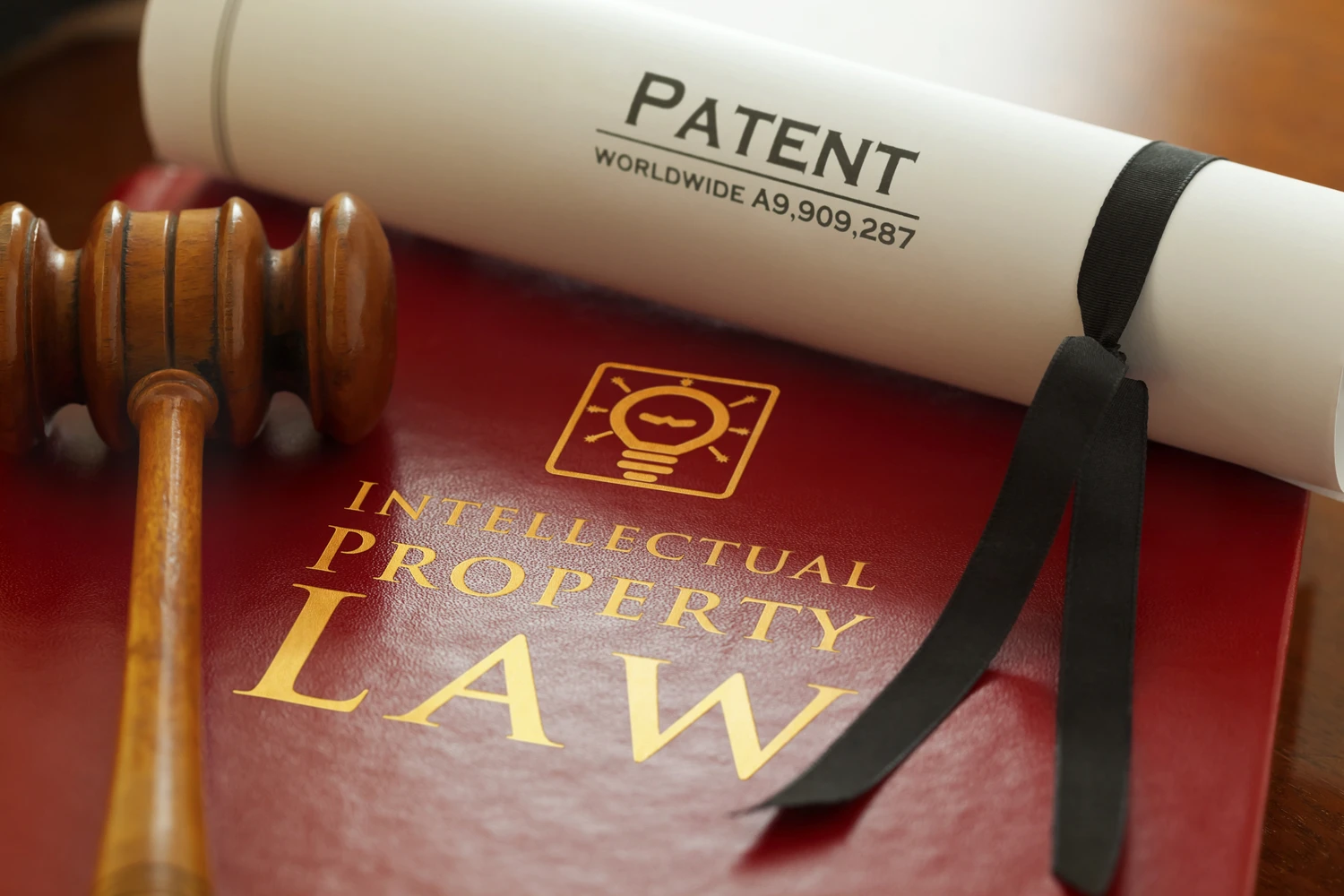Imitation isn’t the sincerest form of flattery, at least when it comes to your business partners. When your supplier starts to make a knock-off version of your flagship product, the betrayal can hurt almost as much as the lost revenue. For a growing number of businesses, having somebody copy their products can cause reputational damage and potentially cost their bottom line.
But what makes one product a “copycat” or “knock-off” and not just a different take on the same idea? The answer is intellectual property (IP) rights. These protect your commercial and artistic creations against duplication and let you reap the rewards of your hard work through sales or licensing fees.
Know your rights
The type of action that can be taken against infringers depends on what IP rights are violated and where. With that, the five basic kinds of IP are patents, trademarks, designs, copyrights, and trade secrets.
Protecting your brand isn’t just a matter of preserving your reputation. It’s essential to both business survival and consumer safety. From hazardous fake products to brand impersonators, the threats in today’s fast-paced, hyper-connected world are real and relentless. From professional experience, a comprehensive IP protection strategy is the foundation of any successful business, regardless of size or industry.
Put your stamp on everything you do
Defending against counterfeiters requires multiple IP rights for maximum coverage, especially when dealing with your own supply chain. It stands to reason that registering your trademarks where you trade is essential. But the entire production cycle needs to be considered.
Registering and maintaining your IP rights in those parts of the world where you source manufacturing could be the difference between holding pride of place in (digital) shopfronts and being lost in a deluge of low-grade replicas. Since trademarks identify the commercial origin of goods and services, deceptively similar packaging from third parties is strictly prohibited. Particularly egregious behaviour could even amount to fraud and incur hefty penalties.
Securing trademarks is typically the first part of your overall IP protection strategy. But when you deploy various anti-counterfeiting measures throughout your product supply chain, such as digital watermarks, QR codes and other end-to-end tracking systems, you make the lives of counterfeiters that much more difficult. Authenticated products not only safeguard your brand image but also empower you to take stronger legal recourse against offenders.
Think global
“I often see business owners making the mistake of assuming that registering and renewing their trademark in one country is enough to shield them from infringement everywhere. But the truth is, trademark protection is territorial, and without proper registration in each country you do business, you’re leaving yourself vulnerable. This means filing a trademark in one country will only safeguard your brand in this country. If you’re seeking more robust brand protection, you’ll need to register it in all territories where you operate.
Registering a trademark can be a complex process, requiring proof of its use in commerce or your intention to use it. This could include promotional material or affidavits. Having to apply in multiple jurisdictions makes things more daunting, especially when it comes to keeping up with local requirements and regular maintenance payments. Teaming up with someone who knows the ins and outs of the trademark world lets you find the route that best suits your current and future business strategies. In addition to national applications in key markets, you could take advantage of various international frameworks to enhance your coverage. For instance, the Madrid System, administered by the World Intellectual Property Organization (WIPO), allows you to apply for trademark protection in up to 130 countries with just one set of fees.
Keep your eyes open
The counterfeit market is huge and inherently challenging to measure. Because many of these counterfeited goods are unlikely to be made in line with health and safety regulations, they can be dangerous, even lethal. Fake medicines have caused arsenic poisoning and accidental fentanyl overdoses, while faulty electrical goods are often responsible for fatal electric shocks and house fires.
But why is the problem still so rife? I often remind my clients that obtaining a patent or trademark is just the start of their IP protection strategy. While it can’t prevent counterfeiting, a carefully crafted and detailed patent or trademark filing can limit the maneuvering room of infringers.
What can I do if my IP is infringed by my manufacturer?
Prevention is better than cure, so there is no reason to ignore a thorough vetting of potential business partners. Airtight non-disclosure agreements (NDAs) signed beforehand allow you to hold shifty suppliers to account if you have shared your vital trade secrets with them. In the event the unthinkable happens, your first port of call should be an IP lawyer, who’ll help draft a cease-and-desist letter, before serving it to the offending party.
Because penalties for counterfeiting and infringement can be quite severe, this should often solve things. Should that fail, it’s time for you and your IP lawyer to file a lawsuit. But even this might not be possible if the counterfeiter is working as part of a larger criminal gang or in a country with weak IP administration. This is when you will need to escalate by reporting the crime to the appropriate national and international law enforcement agencies.
Navigating the IP landscape alone is not worth the risk. But with the right partner by your side, you can safeguard your critical IP assets and have peace of mind to focus on the core aspects of your business.”
Don’t leave your business vulnerable. Invest in your future and protect your intellectual property with JMD Live ONLINE BUSINESS CONSULTING.
Michel Ouellette JMD, ll.l., ll.m.
Systemic Strategic Planning / Regulatory Compliance / Crisis & Reputation Management
Skype: jmdlive
Phone: 1. 613.539.1793
Email: jmdlive@live.ca
Web: https://www.jmichaeldennis.live/
Michel Ouellette / J. Michael Dennis is a Former Attorney, a Trial Scientist, a Crisis & Reputation Management Expert, a Public Affairs & Corporate Communications Specialist, a Warrior for Common Sense and Free Speech.
Follow JMDlive on:
Twitter, LinkedIn, Facebook, Mastodon, Tumblr, JMDlive.com, Instagram and JMD Systemics,

